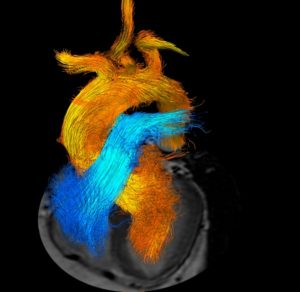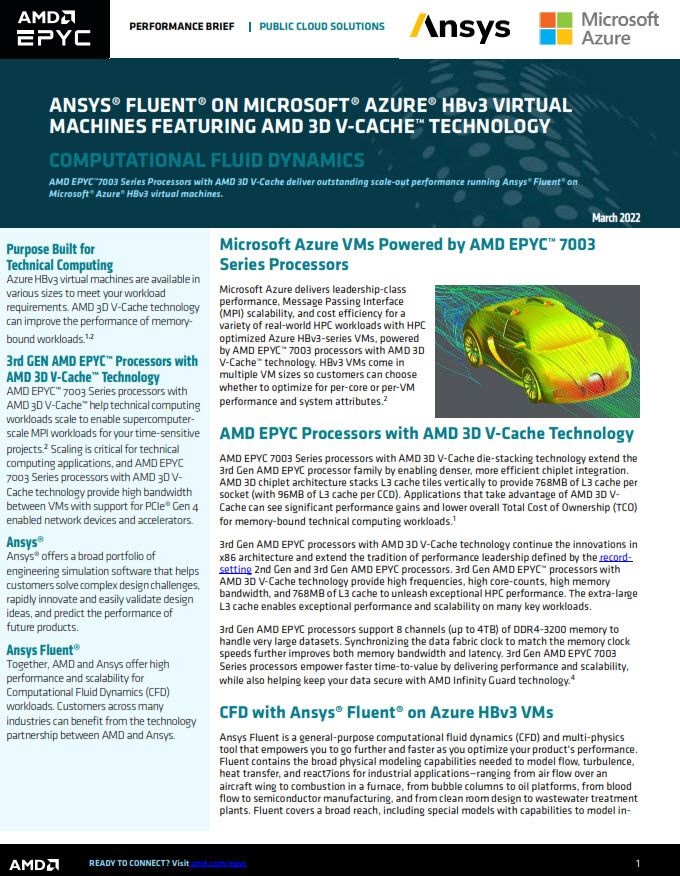 In this video, Todd Raeker, Research Technology Consultant at the University of Michigan shares how a group of 50 researchers at University of Michigan are using GPUs and OpenACC to accelerate the codes for their data-driven physics simulations.
In this video, Todd Raeker, Research Technology Consultant at the University of Michigan shares how a group of 50 researchers at University of Michigan are using GPUs and OpenACC to accelerate the codes for their data-driven physics simulations.
“The current versions of the codes use MPI and depend on finer and finer meshes for higher accuracy which are computationally demanding. To overcome the demands, the team has gained access to their state-of-the-art cluster equipped with POWER CPUs and Tesla P100 GPUs — and turning to OpenACC and machine learning to accelerate their science. This has allowed them to spend the least resources on programming, and effectively utilize available compute resources.”
According to Raeker, the majority of the team’s scientists had never used GPUs and not ready to invest into CUDA for their C and FORTRAN codes, which prompted him to explore alternative tools. He completed a few sample applications porting to GPUs via OpenACC as a proof of concept and now the team is continuing to use OpenACC for porting their physics codes, including custom built machine learning algorithms.
In related news, the upcoming GPU Technology Conference will feature 24 sessions on OpenACC.




